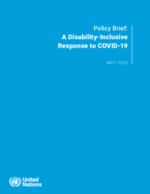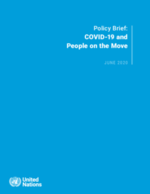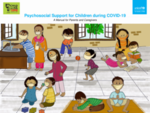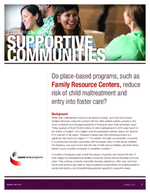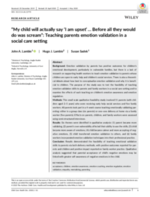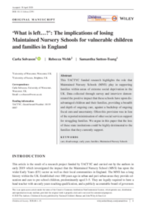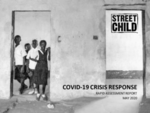Young Children and Ongoing Child Welfare Services: A Multilevel Examination of Clinical and Worker Characteristics
This study uses secondary data analysis of the Canadian Incidence Study of Reported Child Abuse and Neglect 2008 to explore what case and worker factors predict the provision of ongoing child welfare services.

